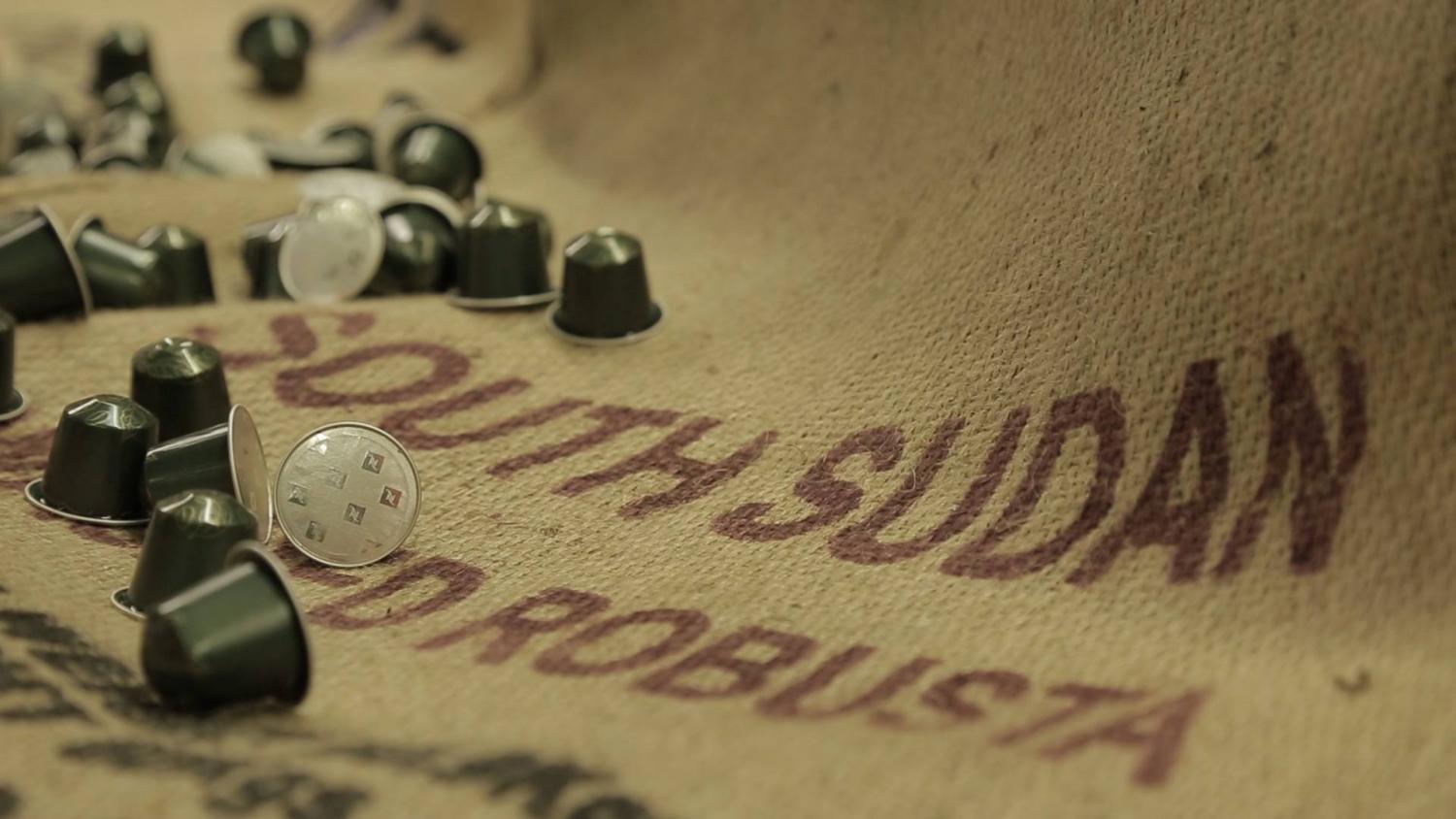
The world’s newest country, South Sudan, is also one of the most volatile nations on the planet. After years of civil war within Sudan, a referendum held in 2011 scored a 99 percent “yes” vote for independence. But any glee over separation from Sudan was short-lived. Two years later, fighting within the country sparked a civil war during which at least 300,000 people died and approximately 2 million people, or one in six South Sudanese citizens, fled their homes.
Meanwhile, South Sudan is an economic basket case. Many citizens are still dependent on subsistence agriculture. Despite abundant mineral wealth, including oil, opportunities for work in the country are few and far between, and the country has had difficulty securing revenues. The landlocked nation was forced to pay Sudan’s government as much as $34 a barrel in oil pipeline fees, which were only recently renegotiated between the two countries.
Despite the constant hassles with its northern neighbor, South Sudan’s only real export is oil, with annual revenues peaking over $2 billion annually. Its next biggest export, scrap vessels, is valued at .0001 percent of its oil revenues. No other product in South Sudan has been exported at a value of over $1 million annually. Oil’s collapse in price has only created more economic hardship in a nation where per-capita GDP is within the bottom 15 percent of the world’s countries.
But, as is the case with neighbors Uganda, Kenya and Ethiopia, South Sudan’s terrain and climate are ideal for growing coffee. South Sudan has a larger land mass than France, but only 4 percent of the country’s land is cultivated. The country’s government, along with USAID, see farming as a way to boost economic opportunities while reducing South Sudan’s dependence on expensive food imports.
To that end, last week the American government’s foreign aid agency, USAID, announced a partnership with coffee pod giant Nespresso and TechnoServe, an NGO that seeks business-oriented poverty solutions. The three organizations will invest over $3 million in USAID funds to revitalize South Sudan’s coffee industry and help farmers become more economically secure.
Nespresso has worked in South Sudan since 2011 to revive the country’s coffee sector, which was once vibrant but has long suffered after years of wars and economic decline. Last fall, Nespresso announced what it claimed was the first coffee to be exported from the new independent South Sudan. The varietal, which Nespresso insists is a “rare and unique coffee,” was available only to Nespresso Club members in France. Up to the first export of that coffee, Nespresso’s program had invested approximately $2.5 million in rehabilitating coffee production and training up to 700 coffee farmers in South Sudan; that number, says the company, will increase to $3.4 million by the end of 2016. By 2020 it will include the participation of several thousand farmers.
Working with USAID will help Nespresso build upon its goals for the country. The company’s program covers many facets of coffee production, from establishing the first wet mills (in which coffee cherries are processed into coffee beans) in South Sudan to sharing best practices on how to best cultivate and maintain coffee trees. Although there is no official fair trade certification associated with this project, Nespresso says it adheres to Sustainable Action Network (SAN) standards, ensuring South Sudanese coffee production is sustainable, both environmentally and socially. While issues such as water management and biodiversity are part of Nespresso’s program, SAN’s guidelines also ensure labor and human rights are respected. Some farmers in South Sudan who work with Nespresso reported that they can now afford to send their children to school.
Nespresso and its balancing act of imparting responsibility and sustainability in partnership with brand ambassador George Clooney, while being partly responsible for the oft-criticized coffee pod boom, has earned the company more than a few eye-rolls.
Some observers wonder why the effort to develop a company's coffee pod business is not directed to help farmers raise food for a hungry country instead. Nevertheless, when considering the unspeakable violence that has roiled South Sudan constantly since its newfound independence, this is one effort that could earn Nespresso some new fans, even those leery of coffee pods’ environmental impact.
Image credit: Nespresso

Leon Kaye has written for 3p since 2010 and become executive editor in 2018. His previous work includes writing for the Guardian as well as other online and print publications. In addition, he's worked in sales executive roles within technology and financial research companies, as well as for a public relations firm, for which he consulted with one of the globe’s leading sustainability initiatives. Currently living in Central California, he’s traveled to 70-plus countries and has lived and worked in South Korea, the United Arab Emirates and Uruguay.
Leon’s an alum of Fresno State, the University of Maryland, Baltimore County and the University of Southern California's Marshall Business School. He enjoys traveling abroad as well as exploring California’s Central Coast and the Sierra Nevadas.














